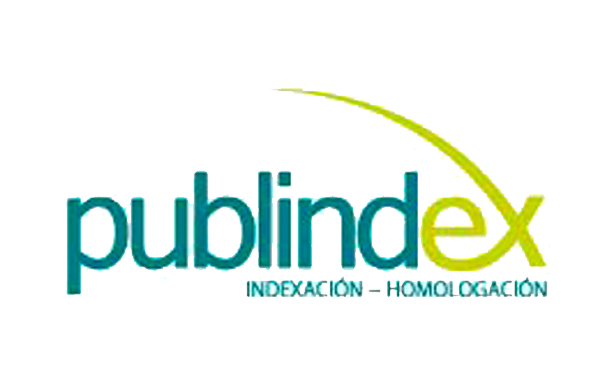Development of reading comprehension strategies for the high school Icfes (Supérate) tests, eleventh grade
Abstract
This article presents the results of an action research entitled “Development of Reading Comprehension Strategies for the high school Icfes (Supérate) tests, eleventh grade.†This pre-experimental research was carried out with a group of eleventh grade of the Santa Teresa de Jesús school in the city of Armenia, Quindío. The students had a poor level of comprehension of texts in English. This type of study requires a pre-test and a post-test, the former served as a means to evaluate the performance of the students in real tests, followed by a training course on more convenient reading strategies for the type of questions used in the high school Icfes (Supérate) tests, eleventh grade (ISG11, for its initials in Spanish)*. The post-test measured their performance after having finished their training in reading strategies. The purpose of this research was to improve their performance in the analysis of English texts, and to measure how training affects the performance of students in the ISG11 tests. It is concluded from this study that the reading workshops improved the students’ ability to understand readings as well as the degree of familiarity with the English section of the ISG11 tests. This research provides a guide to train students in how to answer this type of test. It was demonstrated that with the training in reading comprehension and recognition of the type of items present in the English session of the ISG11 tests, students are better prepared to overcome their difficulties. As a result of this, the students had a positive performance in the real ISG11 tests, raising for the first time in five years the level of English in the institution.Downloads
References
Brown, H. D. (1994a). Principles of Language Learning and Teaching. New Jersey: Prentice-Hall.
Brown, H. D. (1994b). Teaching By Principles. New Jersey: Prentice-Hall .
Brown, H. D. (2003). Language Assessment: Principles and Classroom Practices. London: Pearson Education.
Cohen, A. (1990). Language Learning: Insights for Learners, Teachers, and Researchers. New York: Newbury House.
Cohen, A. (2003). Strategy Training for Second Language Learners. Center for Advanced Research on Language Acquisition, Minnesota: University of Minnesota.
Ellis, R. (1994). The Study of Second Language Acquisition. New York: Oxford University Press.
Fedderholdt, K. (1997). Using Diaries to Develop Language Learning Strategies. Tokio: Jalt publications.
Hughes, A. (1989). Testing for language teachers. Cambridge: Cambridge University Press.
Lessard-clouston, M. (1997). Language Learning Strategies: An Overview for L2 Teachers. La revista de internet TESL , 3 (12), 69-80..
O’Malley, J. M. & Valdez, L. (1996). Authentic Assessment for English Language Learners: Practical Approaches for Teachers. New York: Addison-Wesley Publishing Company.
Oxford, R. (1990). Language Learning Strategies: What Every Teacher Should Know. New York: Newbury House .
Oxford, R. (1994). Language Learning Strategies: An Update. Alabama: University of Alabama Digest.
Paige, R. M., Cohen, A. D., Kappler, B., Chi, J. C., & Lassegard, J. P. (2002). Maximizing Study Abroad: A Students’ Guide to Strategies for Language and Culture Learning and Use. Center for Advanced Research on Language Acquisition: Minnesota: University of Minnesota .
Rubin, J. and Wenden, A. (1987). Learner Strategies in Language Learning. New Yersey: Prentice-Hall.
Rubin, J. and Wenden, A. (1999). ¿Qué Evalúan las Pruebas? Grupo de Divulgación de Resultados. Instituto Colombiano para el Fomento de la Educación Superior -Icfes. Bogotá: Icfes.
Troncoso, C., & González, M. (2005). Nuevo Examen de Estado Para El Ingreso a La Educación Superior. Cambios Para el Siglo XXI. Bogotá: Icfes .
Creative Commosn Licence 4.0








